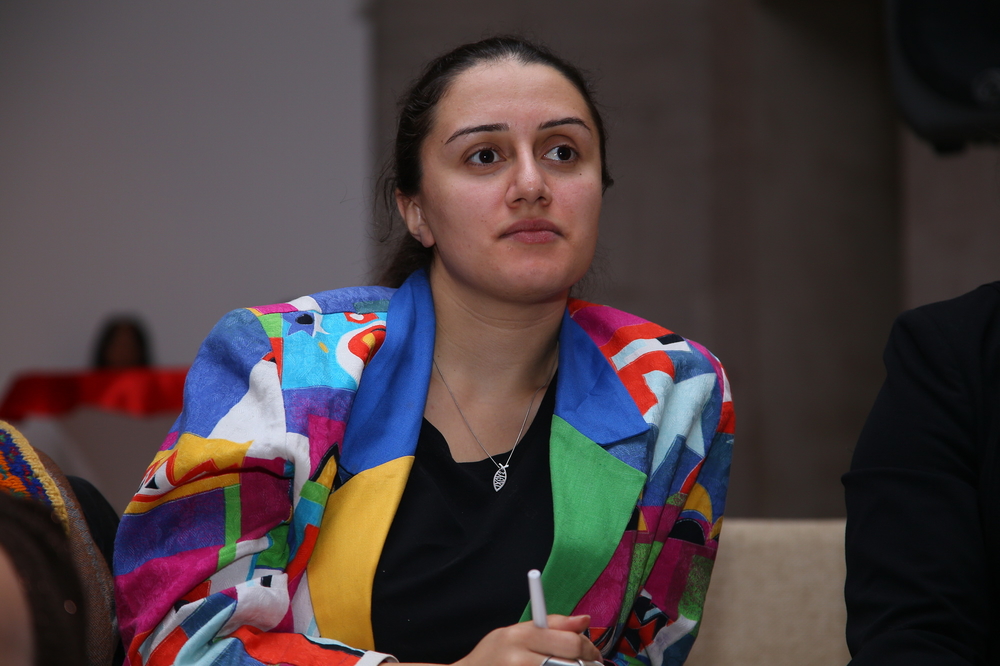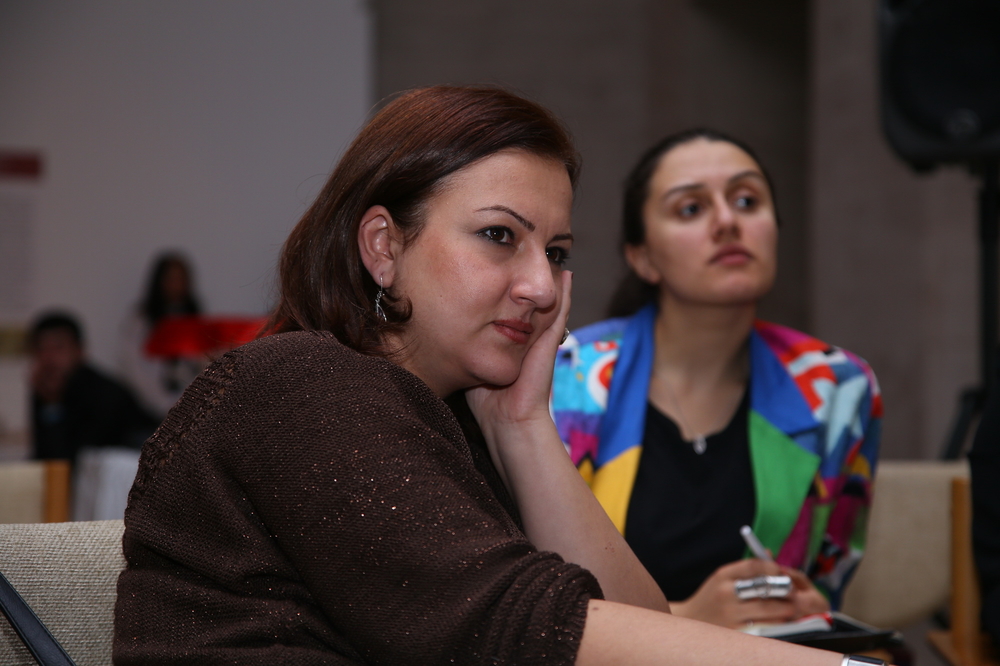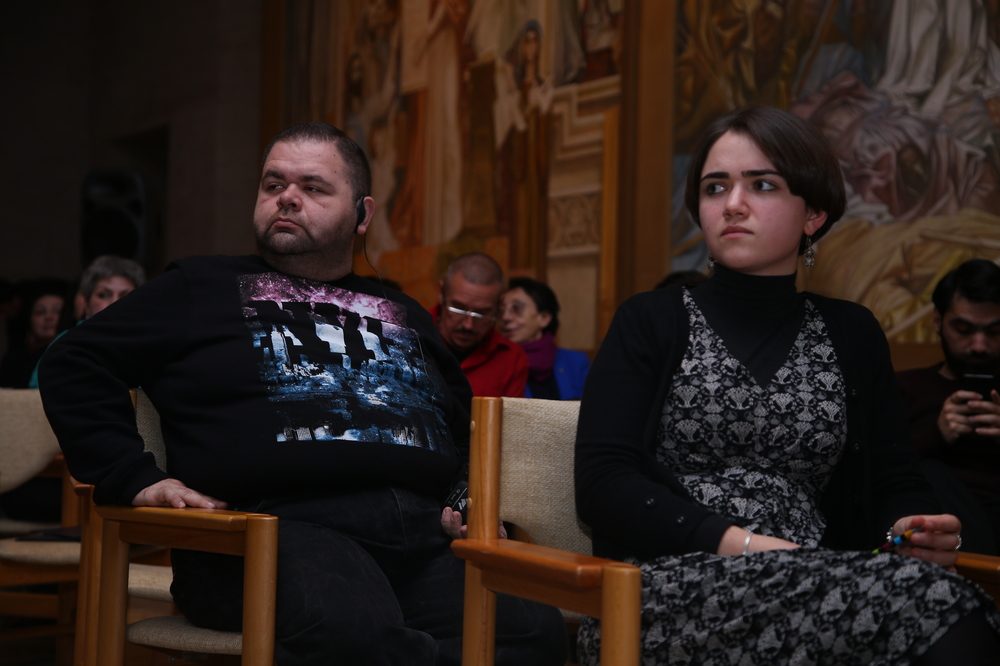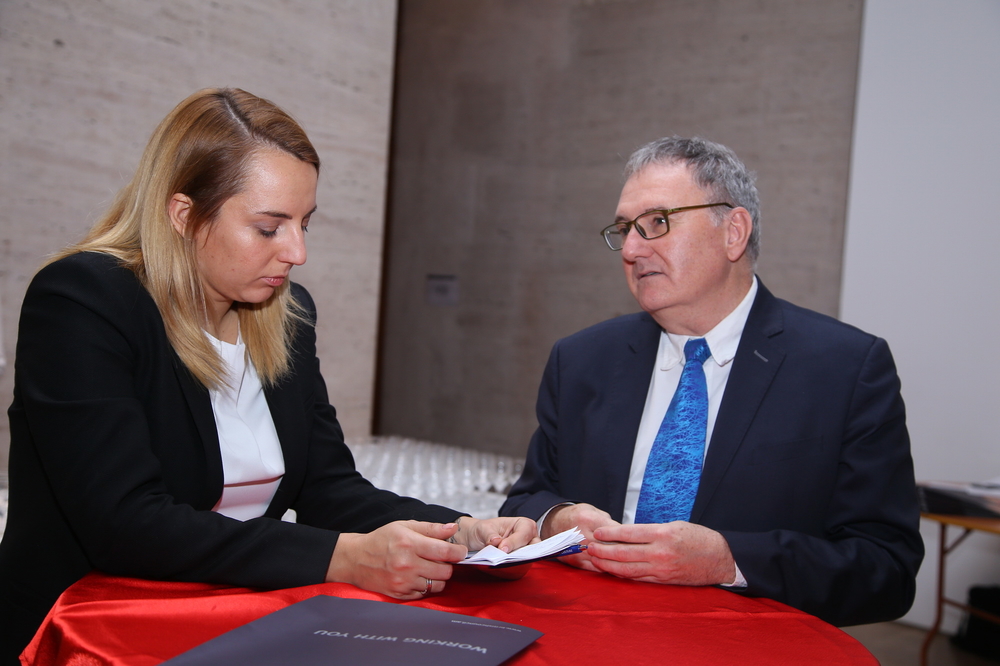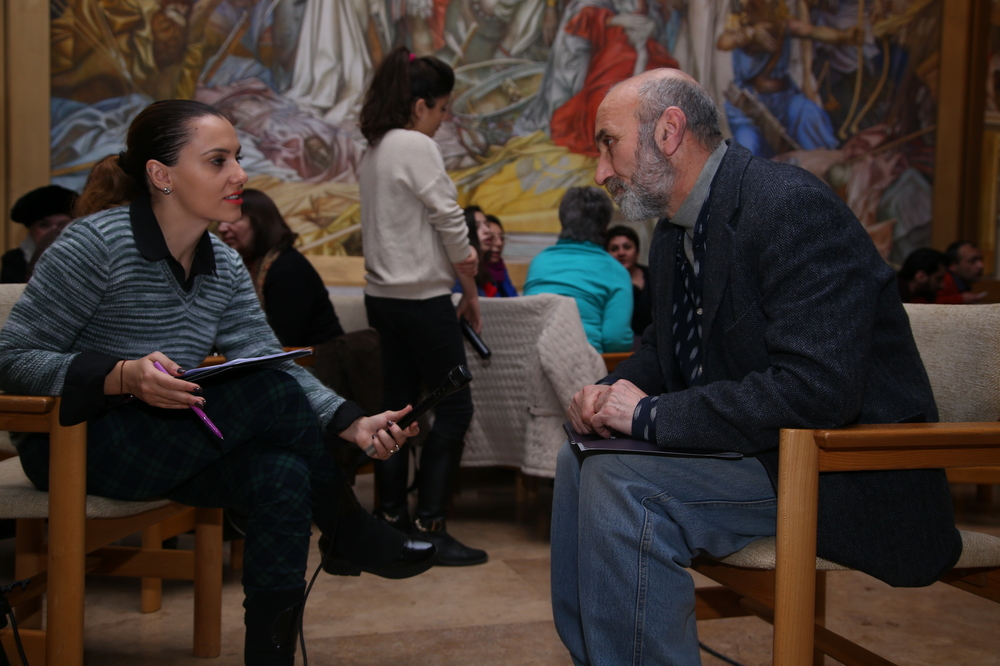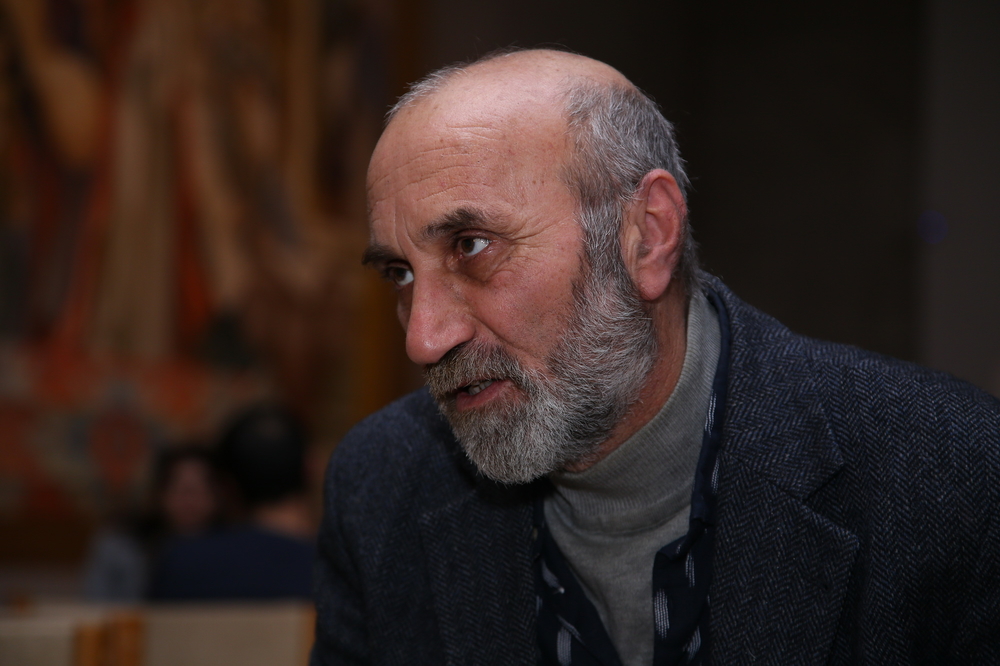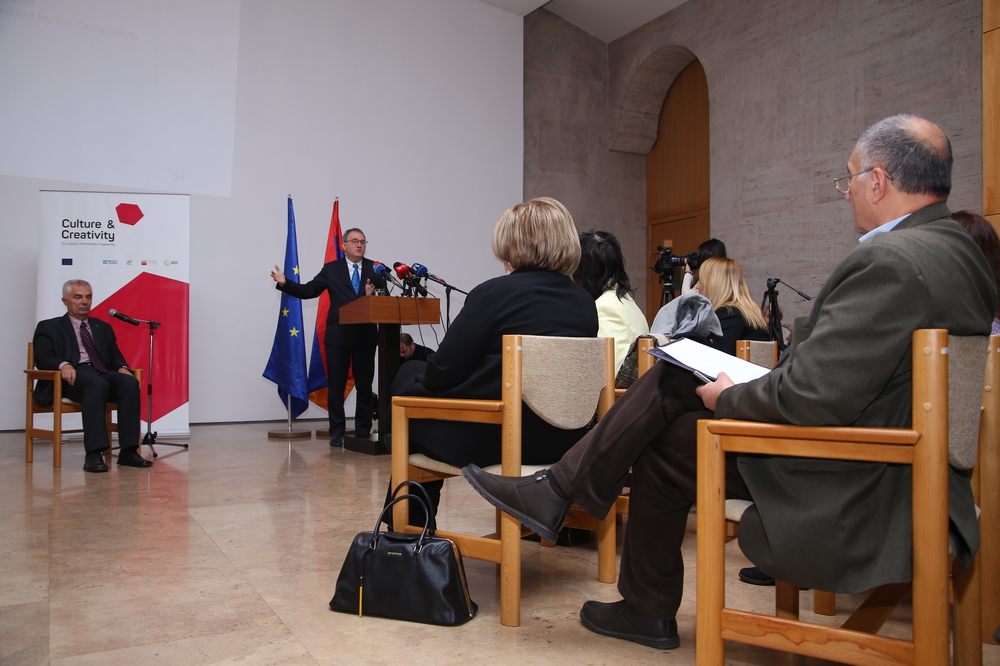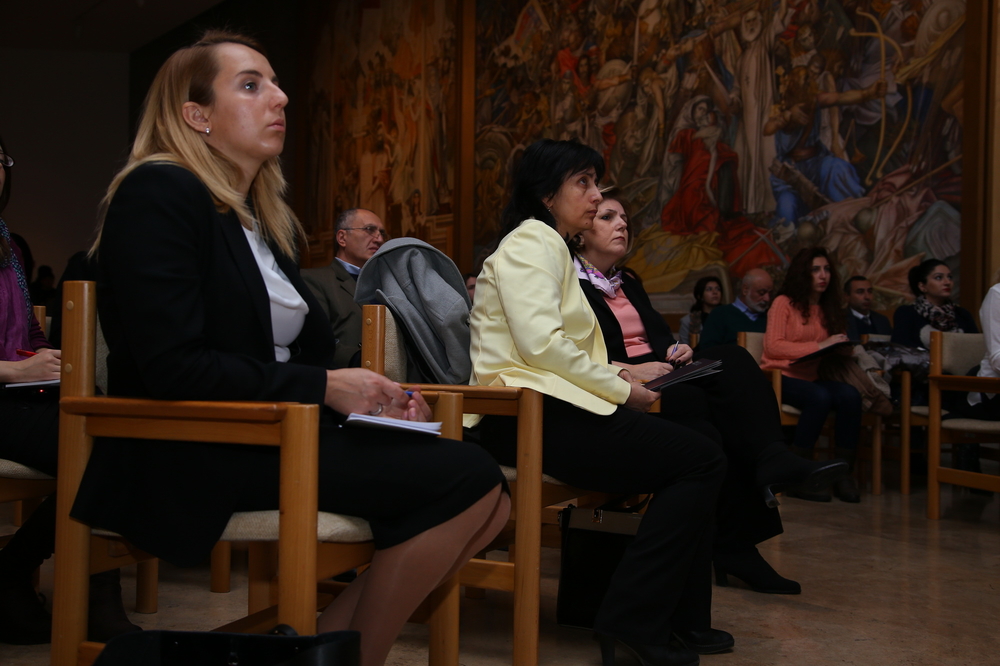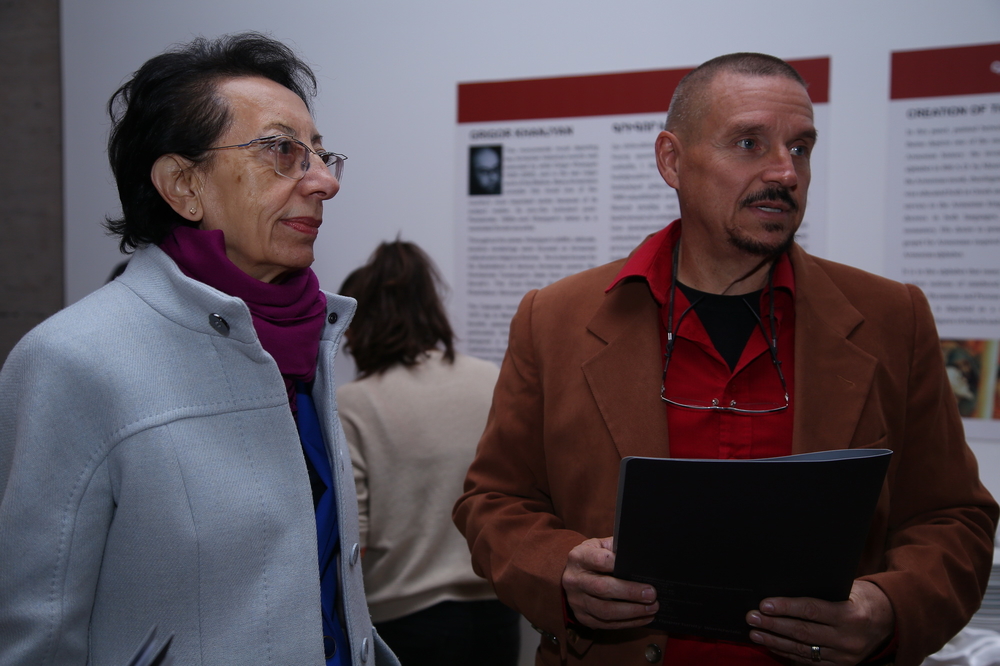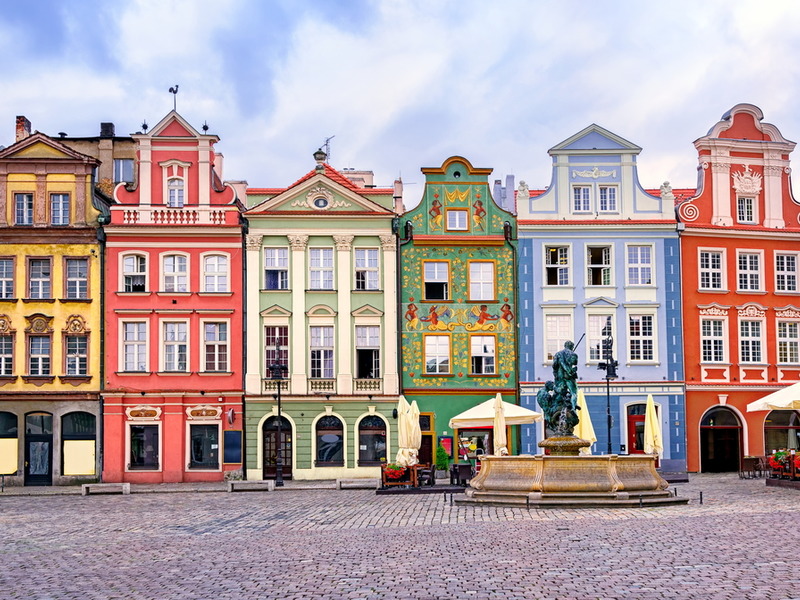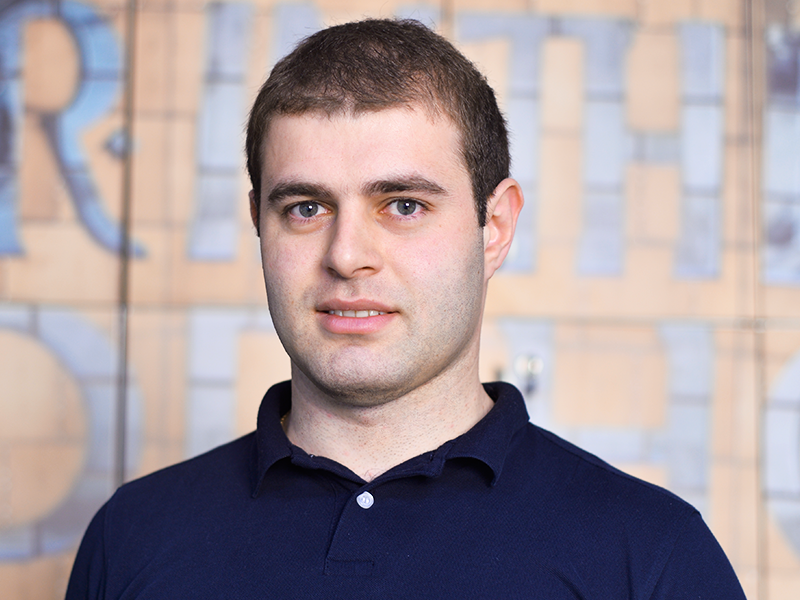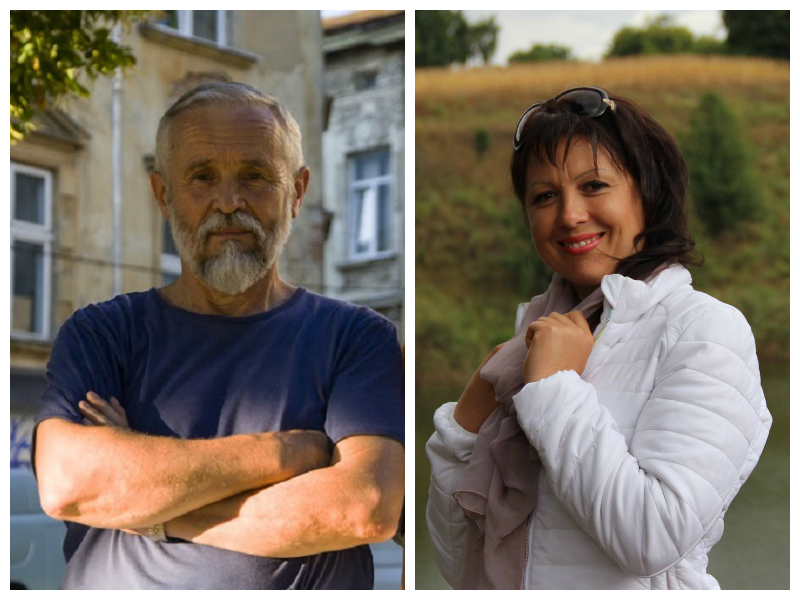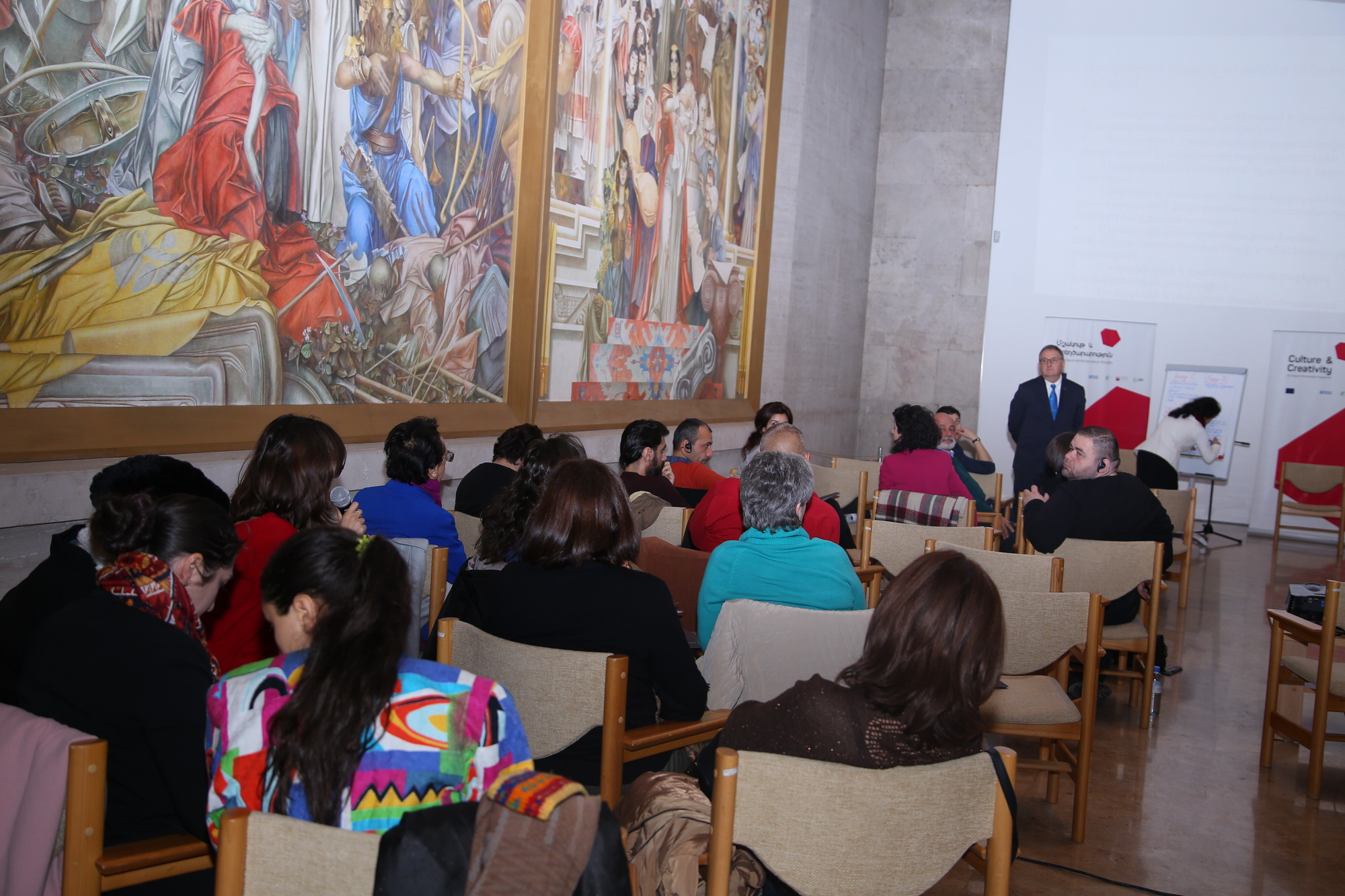
What could contribute to the development and profitability of the creative sector in Armenia
Ambassador Piotr Świtalski, Head of the European Union Delegation to Armenia, considers this programme as a new window, opening of which will bring cultures closer. The Ambassador does not doubt the success of the programme. “Armenians are fond of literature, theatre and music. Armenia is a country of high culture, daily contact with the culture is deep here. Thereby, this programme is very important for Armenia,” he said.
The programme will be implemented in Armenia, Georgia, Belarus, Ukraine, Moldova and Azerbaijan. Although it is a regional programme, local peculiarities will be taken into consideration.
Hasmik Poghosyan, RA Minister of Culture, does not consider the programme title coincidental: every culture in the first place is a work of art, and in this respect, Armenia has a great potential. “The Armenians are a creative nation. Besides, Armenia has been actively involved in the European region through creative processes,” the Minister highlighted. The programme is managed by a consortium led by the British Council, in partnership with the Soros Foundation Moldova, the National Centre for Culture of Poland and the Goethe-Institut.
Arevik Saribekyan, Director of British Council Armenia, is sure that the programme will have realistic outcomes in a short period of time.
“We have a rich culture and I hope that the introduction of these new models will enable us to further develop our culture and make it more accessible for Europe, as well as bring interesting, innovative European approaches and ideas to Armenia,” she said. The official launch of Culture and Creativity programme was shortly followed by the practical phase. After holding discussions in different groups, the representatives of cultural sector determined what could contribute to the development and profitability of the sector in Armenia. The culture and creativity sectors support 7% of global GDP income, with a forecast of 10 % annual growth. These sectors are still on their way of formation in Armenia.
“The most important thing is to raise the level of education, from kindergarten to University. We should bring the young generation to the music halls,” says Nika Babayan, representative of Cadence Music Centre.
Curator Vigen Gasparyan highlights the role of the state: “The public sector should act in a way to make the private sector wish to get involved in cultural programmes.”
Shoghakat Mlke-Galstian, actress of the “Mihr” Plastic Dance Theatre, puts more importance to the professional support to young people. “We need to create professional laboratories to enable young people to gain experience,” she said.
The number of young employees in these sectors in European countries is the highest.
Programme activities will be carried out through workshops, trainings, online learning platforms and study visits, bringing together representatives from different sectors.


